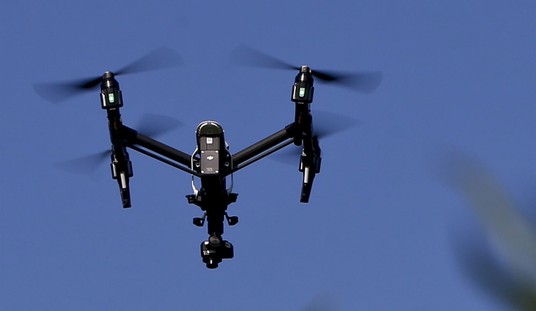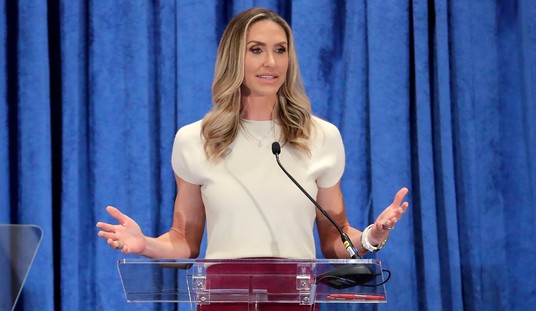Donald Trump has finally fulfilled his role as The Great Unifier . . . in a way. Namely, he has unified Latin America against him, at a time when we need their support against the incipient dictatorship of Nicolás Maduro in Venezuela.
Trump recently said: “We have many options for Venezuela, including a possible military option if necessary.” According to the New York Times, this statement is, if anything, helpful to Maduro — because it has appalled leaders throughout Latin America. Yes, yes, I know, it’s the #FAKENEWS!! New York Times. But they have a lot of quotes from Latin American leaders to back up the assertion.
President Nicolás Maduro of Venezuela had become a pariah among fellow Latin American leaders as his beleaguered country staggered toward dictatorship. But a threat by President Trump to use the American military against Mr. Maduro’s government has united those leaders in a different direction: demanding that the United States keep out of the region’s affairs.
“The possibility of a military intervention shouldn’t even be considered,” Juan Manuel Santos, Colombia’s president, said on Sunday during a visit by Vice President Mike Pence to the region. “America is a continent of peace. It is the land of peace.”
. . . .
The dispute began last Friday when Mr. Trump, speaking with reporters about an escalating standoff over North Korea’s nuclear weapons, suddenly added Venezuela to countries where he said he was considering military intervention.
“We have many options for Venezuela, including a possible military option if necessary,” the president said.
The remark was immediately seen as bolstering Mr. Maduro domestically, where he, like his predecessor, Hugo Chávez, has long warned of United States coup plots and invasions. But it has also left Latin Americans in a difficult position, forced to choose between one country accused of dictatorship and another being called an empire — or to simply condemn both.
Peru, which has taken some of the toughest stands in the region against Venezuela, issued a statement on Saturday condemning possible use of force, and Mexico said the crisis could not be resolved with soldiers. Brazil said renouncing violence was the “basis of democratic cohabitation.”
We’re often told that we should look at what the President has done, not what he has said. (Even that metric is not looking so good for him these days, by the way.) But that’s not how it works with diplomacy. Words matter.
Naturally, being the New York Times, the newspaper overstates the case, and praises Barack Obama for actions that actually deserved condemnation. For example:
Under President Barack Obama, however, Washington aimed to get past the conflicts by building wider consensus over regional disputes. In 2009, after the Honduran military removed the leftist president Manuel Zelaya from power in a midnight coup, the United States joined other countries in trying to broker — albeit unsuccessfully — a deal for his return.
Not mentioned: the fact that Zelaya had violated the constitution of Honduras, and had deliberately flouted an order from the country’s Supreme Court. Also not mentioned: the fact that the members of the military had an arrest warrant for Zelaya issued by that same Supreme Court, arising from those violations. Also not mentioned: Zelaya was a puppet of Obama’s buddy Hugo Chavez, and a friend to Obama’s other buddies, the Castro brothers. While the forcible exile of Zelaya was not really defensible, there was a case to be made for his arrest and removal from office — but Obama leapt to Zelaya’s defense and declared him to still be the legal President of Honduras.
So let’s not praise Obama as the master of restraint in Latin America. But ill-considered threats of military force are not a great idea either.













Join the conversation as a VIP Member